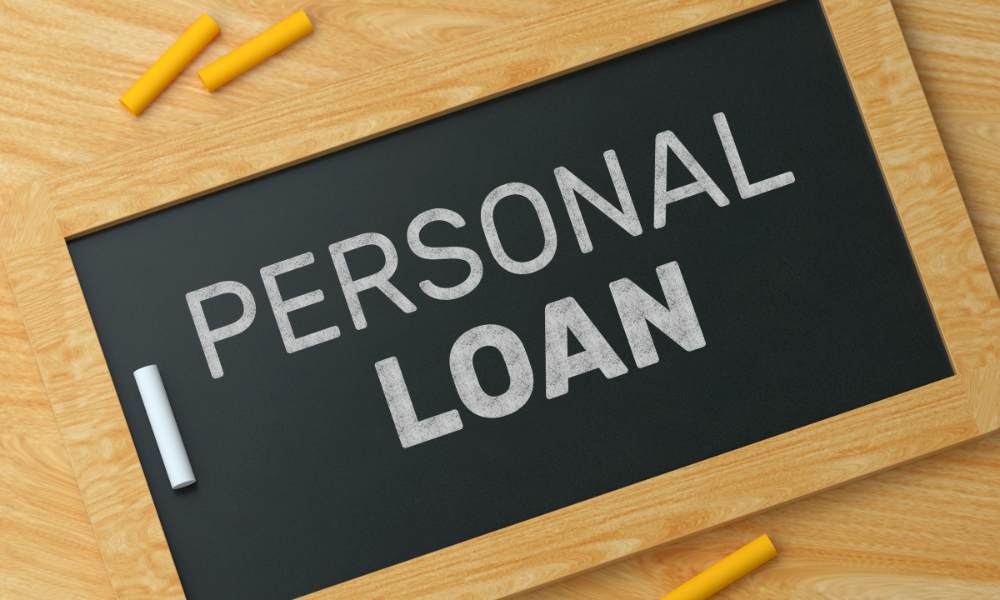
Personal loans are a versatile financial tool that can help you achieve your goals, whether it's consolidating debt, covering unexpected expenses, or funding a major purchase. For those looking to expand their knowledge of personal loans, it's essential to understand the Personal Loan Top-Up Meaning as it can provide valuable insights into managing your finances effectively. In this comprehensive guide, we will unravel the mysteries of personal loans, providing you with a deep understanding of what they entail.
In today's world, financial flexibility is essential. Personal loans are here to provide just that. Whether you have unexpected medical bills, need to consolidate high-interest debt, or want to invest in home improvement, personal loans offer a solution.
Types of Personal Loans
Personal loans come in various forms, and understanding these types is crucial.
Secured and Unsecured Loans
Secured loans require collateral, such as your home or car, while unsecured loans do not.
Fixed-Rate and Variable-Rate Loans
Fixed-rate loans maintain a constant interest rate, whereas variable-rate loans can fluctuate.
How Personal Loans Work
Personal loans are typically lump-sum amounts provided by financial institutions. They are repaid in installments over a fixed period, which can range from a few months to several years.
Eligibility Criteria
Lenders have specific criteria you must meet to qualify for a personal loan, including credit score, income, and more.
Required Documents
When applying for a personal loan, you'll need to provide documentation that verifies your identity, income, and other financial details.
Credit Score
Your credit score plays a significant role in personal loan approval and the interest rate you'll be offered.
Income and Employment History
Lenders consider your income and employment history to assess your ability to repay the loan.
Deciding the Loan Amount
Determining the right loan amount is essential to meet your financial needs without overextending.
Interest Rates and APR
Understanding interest rates and annual percentage rates (APR) is crucial for assessing the cost of your personal loan.
Loan Terms
Loan terms, including the repayment period, can vary, so choose the one that suits your financial situation.
Repayment Options
Lenders offer multiple repayment options, such as autopay, which can simplify your loan management.
Risks of Defaulting
Defaulting on a personal loan can have serious consequences for your credit score and financial stability.
Alternatives to Personal Loans
Explore alternative options like credit cards or home equity loans to meet your financial needs.
Building Good Credit
Responsible management of personal loans can help build and improve your credit score.
In conclusion, personal loans can be a valuable resource when used responsibly. Understanding the different aspects of personal loans is essential to make informed financial decisions and improve your financial well-being.
Are personal loans a good option for consolidating debt?
Personal loans can be an effective way to consolidate high-interest debt into a single, manageable loan with a lower interest rate.
What is the minimum credit score needed to qualify for a personal loan?
The minimum credit score required can vary among lenders, but generally, a good credit score is around 660 or higher.
How quickly can I get a personal loan after applying?
The time it takes to receive a personal loan can vary, but some lenders offer quick approval and funding within a few days.
Can I use a personal loan for any purpose?
Yes, personal loans are typically flexible and can be used for various purposes, such as home improvement, medical expenses, or debt consolidation.
What is the difference between a fixed-rate and a variable-rate personal loan?
A fixed-rate loan maintains a constant interest rate throughout the loan term, while a variable-rate loan may have interest rates that change over time based on market conditions